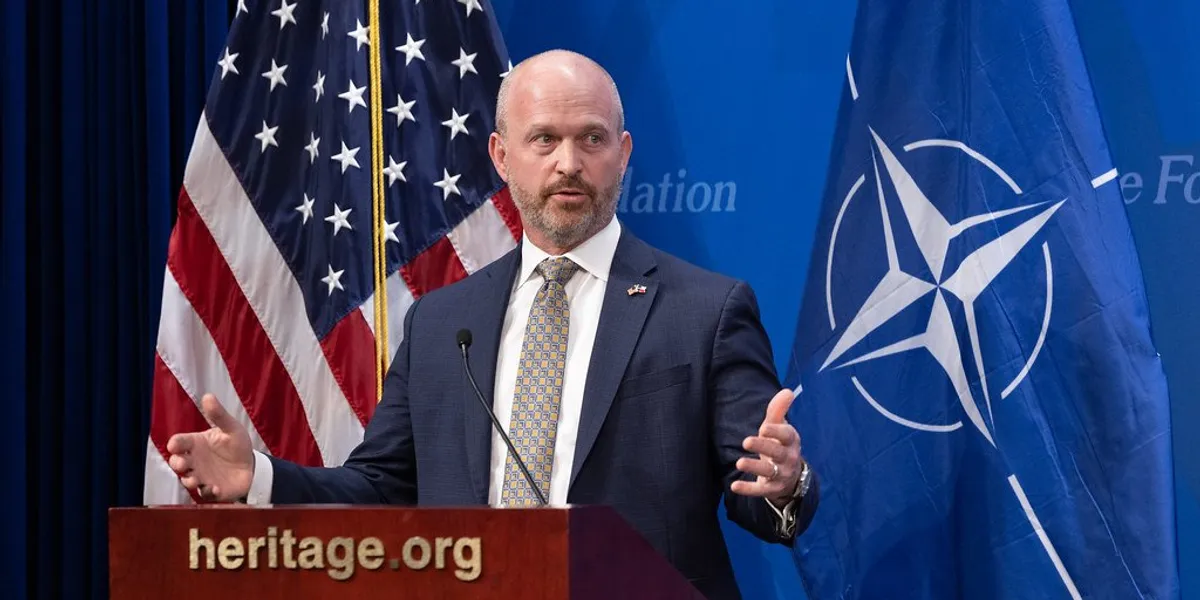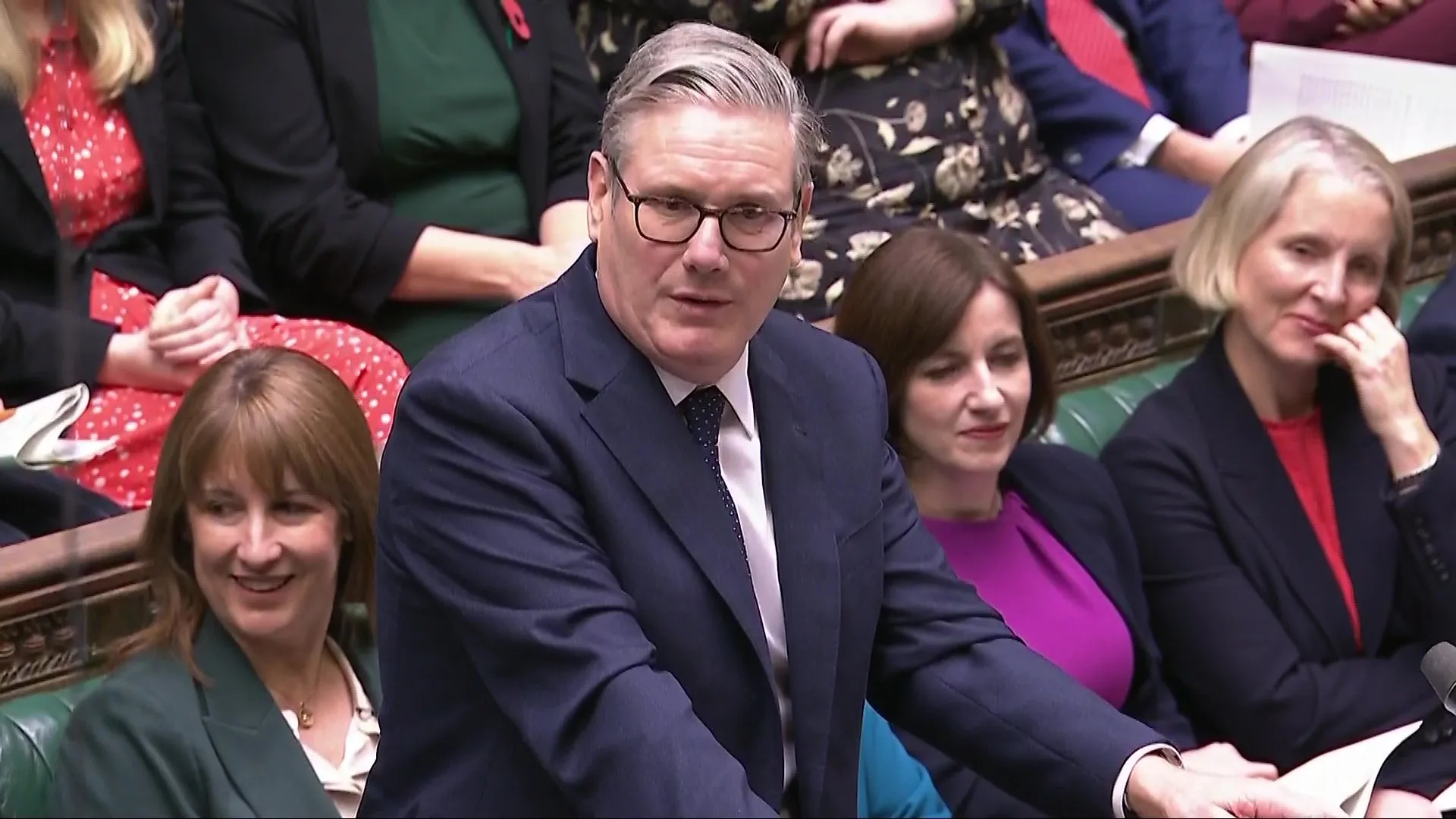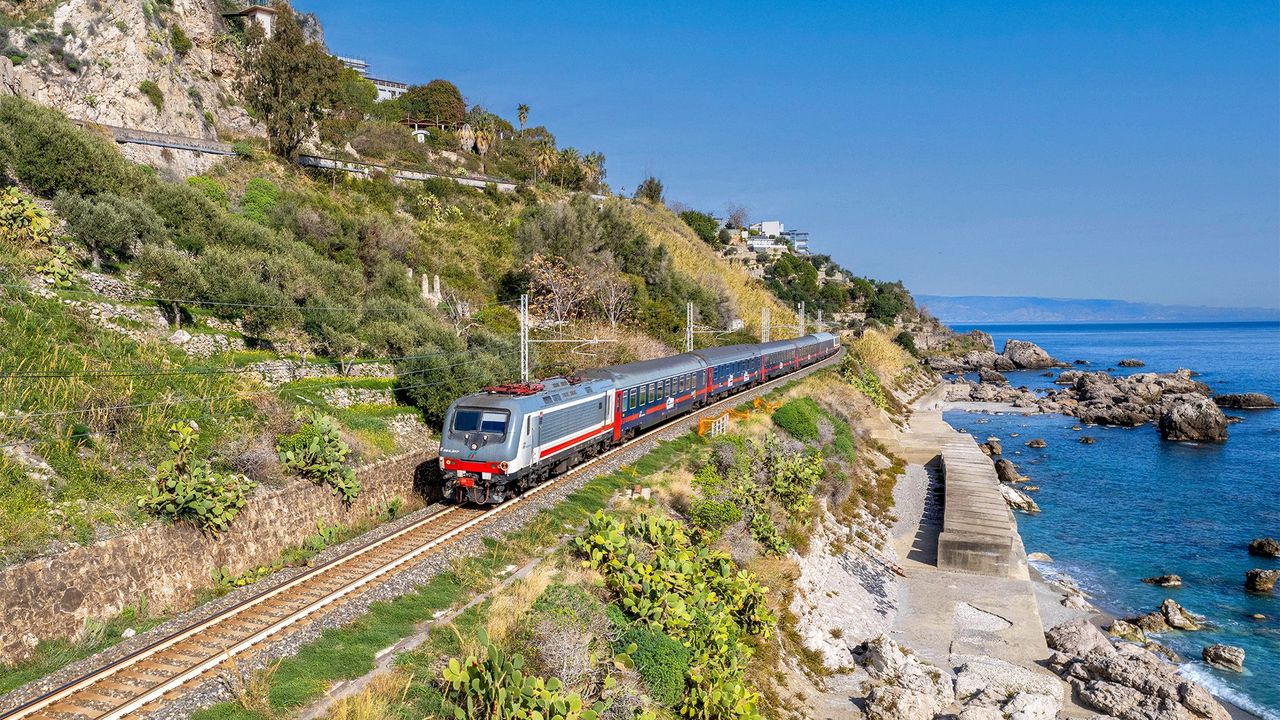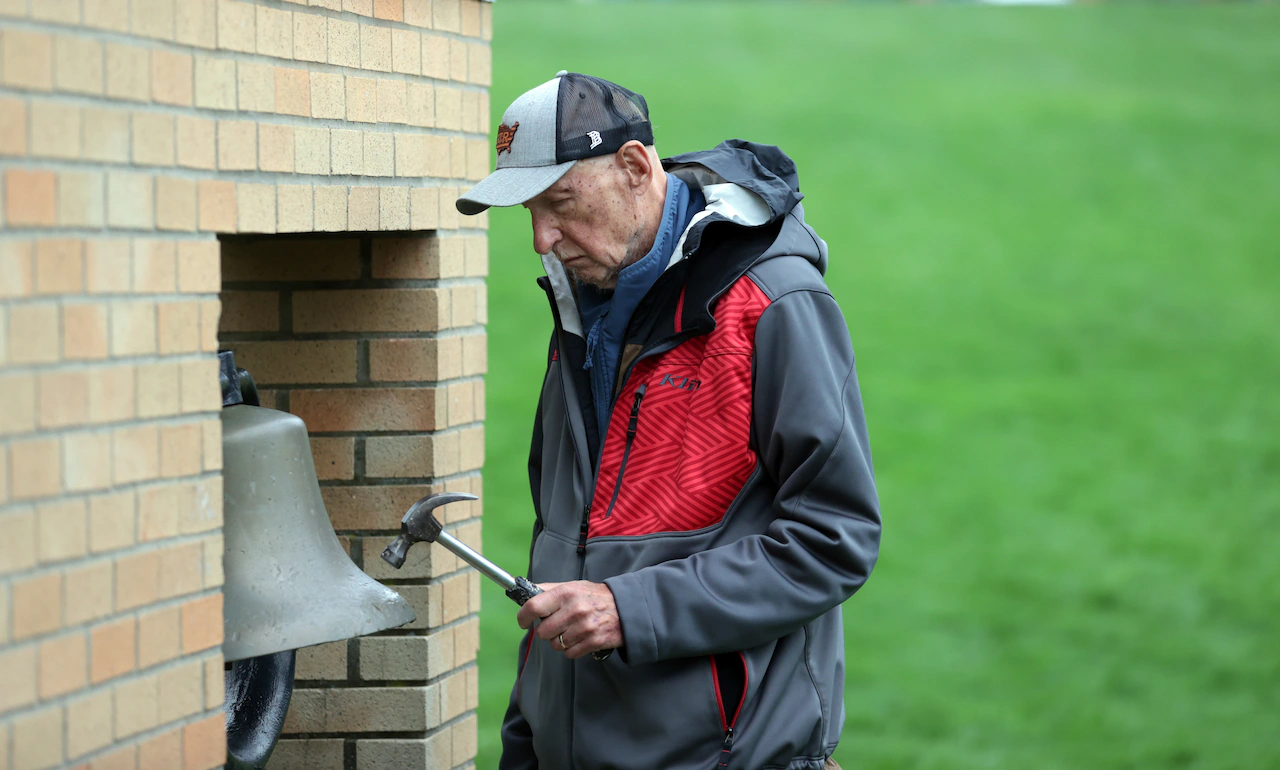Copyright bbc
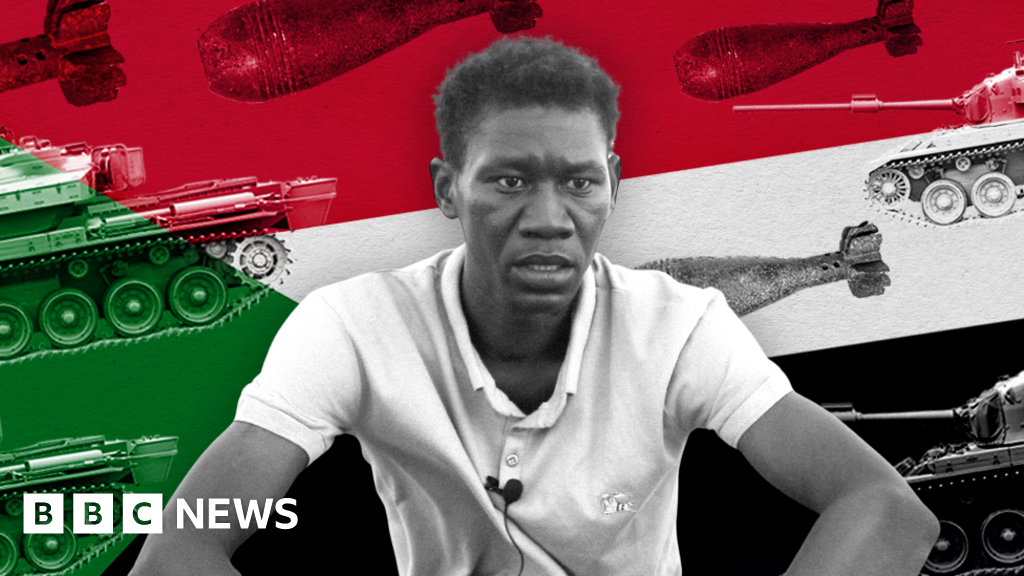
Like many other men suspected of being soldiers, Mr Abdu-Teia was stopped at the Garni checkpoint and interrogated, he says. The two men with him were taken, but the RSF let him go. "They didn't beat me, but they questioned me a lot, because of my injury, I think. They said: 'We know you are a soldier, but you're finished - you will die on the road. So just go." Mr Abdu-Teia says the RSF brought some medicine to Garni but "the injuries were too many - two or three people died every hour. "The same day we arrived, vehicles came and took people to unknown places. Any young man who looked physically OK was taken." He managed to get a lift to Tawila from "people who had cars". They charged passengers 500,000 Sudanese pounds ($830, £630) and turned on wi-fi hotspots so they could call their families to transfer money, he said. "We left with them - we had nothing, not even plans." Many children arrived at the Tawila camps without parents. Fifteen-year-old Eman was one of them. Her father was killed in a drone strike in el-Fasher, she told the BBC, and her mother and brother were detained by the RSF as they fled. "Whoever did not die, [the RSF] ran them over with vehicles," she said. "They took our belongings and told us all of you are soldiers. They beat my brother and choked him with a chain. "They wanted to beat my mother. She told us: 'Go, I will come to you.' We got into a vehicle and left. They did not allow my brother to get into the vehicle. We left them behind." Eman escaped but saw other girls and women who did not. "They took some women. They took them in their vehicles and stabbed some of them with knives. Some were taken while their mothers couldn't do anything." Female survivors have told horrific stories of gang rapes and the abduction of young girls. Another teenager on her own, 14-year-old Samar, said she had lost her mother in the chaos at the Garni checkpoint, and her father was arrested. She was told he was taken to the Children's Hospital in el-Fasher. That building had reportedly been serving as an RSF detention centre, and it is where the Yale researchers also said satellite images showed evidence of killings: apparent clusters of bodies as well as earth excavations that could have been a mass grave. The RSF has issued videos to counter these allegations, declaring that the Children's Hospital in el-Fasher is ready to receive patients. One shows a man dressed in a blazer standing outside its gate with a group of what appear to be doctors in hospital scrubs. "These medical personnel and cadres, they are not hostages," the man in the blazer says. "We are not taking them as war hostages. They are free. They are free to practise medicine." Another man in the video, who introduces himself as Dr Ishaq Abdul Mahmoud, associate professor of paediatrics and child health at el-Fasher University, says: "We are here to help any person in need of medical service. "We are out of politics. Whether soldiers or [civilians] we are ready to help them." Dr Elsheikh of the Sudan Doctors Network dismisses the RSF videos as propaganda. And Mr Ahmed, the Saudi Hospital laboratory technician in Tawila, knows what he has seen, and he has seen too much. "I do not have any hope of returning to el-Fasher," he says. "After everything that happened and everything I saw. Even if there was a small hope, I remember what happened in front of me." Additional reporting by BBC Verify's Peter Mwai
